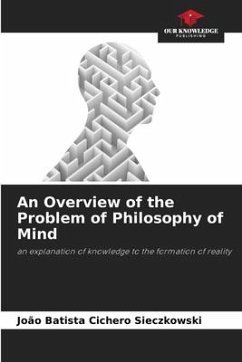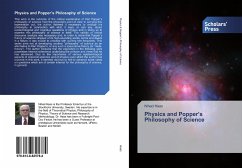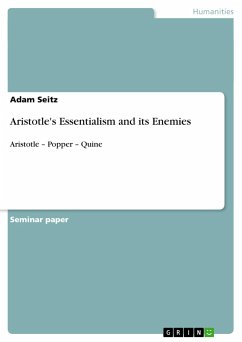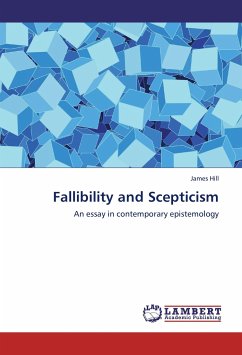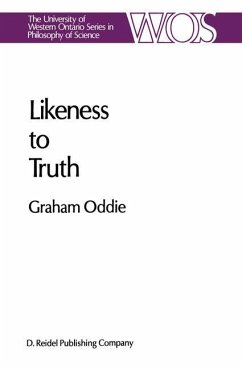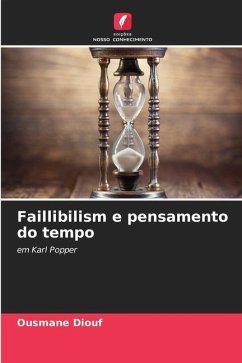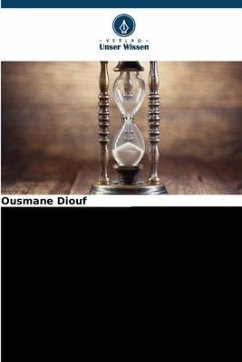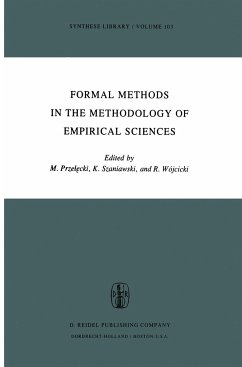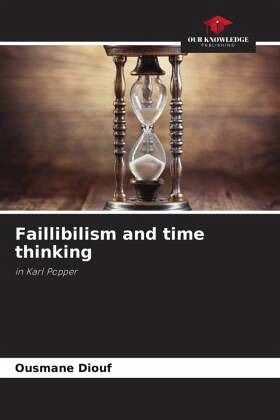
Faillibilism and time thinking
in Karl Popper
Versandkostenfrei!
Versandfertig in 6-10 Tagen
33,99 €
inkl. MwSt.

PAYBACK Punkte
17 °P sammeln!
The objective that we have set ourselves through this modest work is to show how, starting from fallibilism, Popper thinks of time, which now appears as a dimension of reality. In order to better highlight the bold and profound character of his philosophy, but also the relationship between his theory of knowledge and the thought of time, we have revisited the eternalist conception of time by relying on Heraclitus' and Plato's theses, among others. This allowed us to proceed to an analytical study in order to better account for the Popperian conception of fallibilism, and to further examine the...
The objective that we have set ourselves through this modest work is to show how, starting from fallibilism, Popper thinks of time, which now appears as a dimension of reality. In order to better highlight the bold and profound character of his philosophy, but also the relationship between his theory of knowledge and the thought of time, we have revisited the eternalist conception of time by relying on Heraclitus' and Plato's theses, among others. This allowed us to proceed to an analytical study in order to better account for the Popperian conception of fallibilism, and to further examine the relation between fallibilism and the thought of time. It also appeared that, against verification, Sir Karl opts for fallibilism, that is, for the falsification of theories, the only way, according to him, to increase our knowledge. And to be able to be falsified for a theory, he says, is to be able to be rejected. Thus any theory that cannot be falsified is not scientific.



